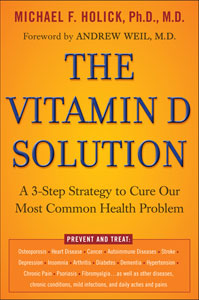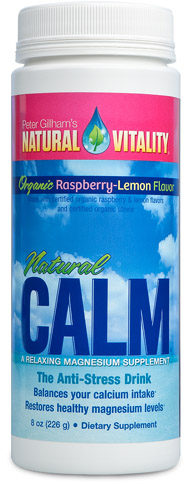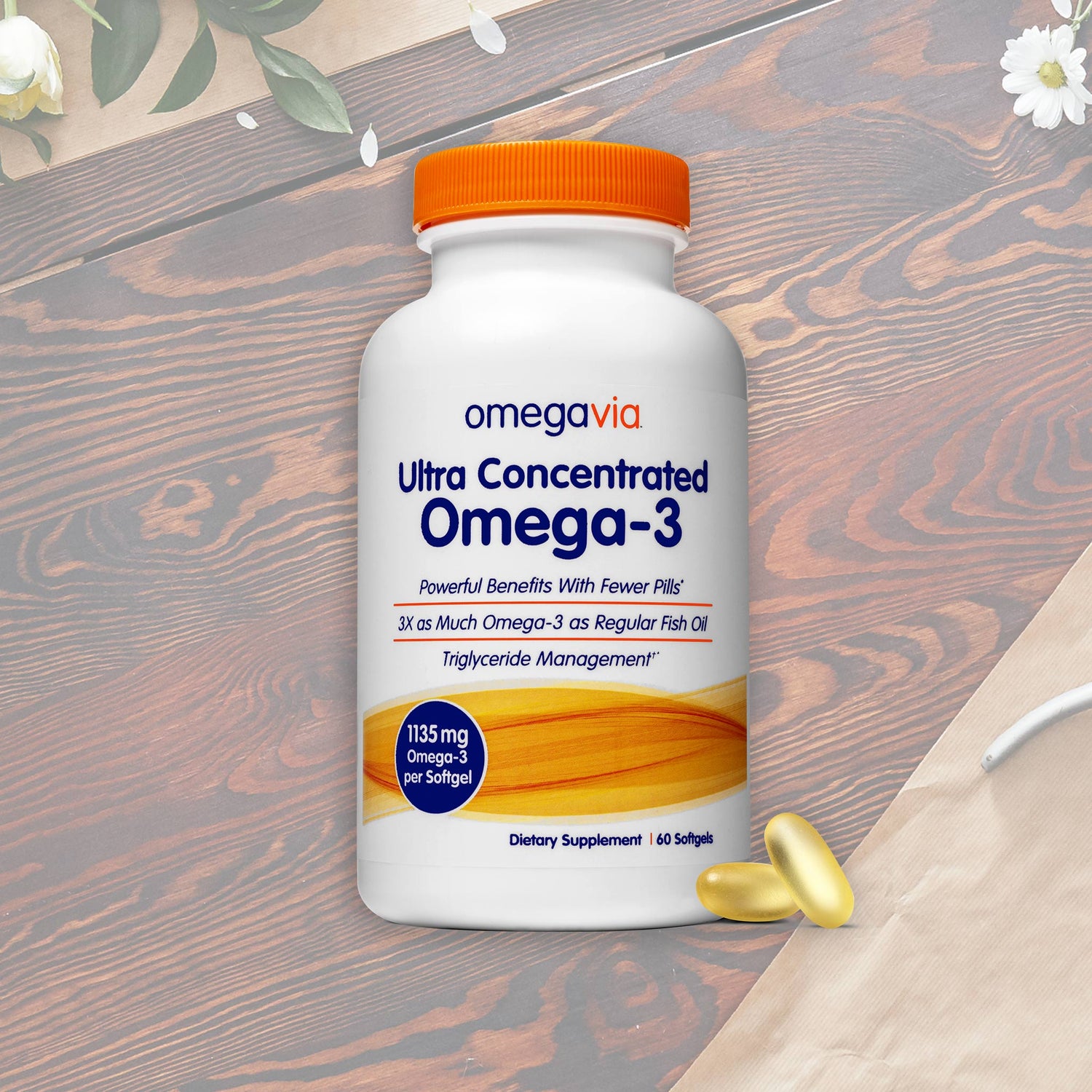 Especially, EPA Omega-3.
While mood health may be influenced by several non-nutritive factors like trauma or illness, what's at the tip of your fork can affect the way you feel.
But even if you are diligent about avoiding sugar and processed grains/foods, it may be difficult to get optimal levels of all nutrients if you eat a standard american or western diet.
This is when supplements can help.
And no, a multivitamin does not count as a mood-booster. Also, they may not give you the right kind and quantity of nutrients you need.
Especially, EPA Omega-3.
While mood health may be influenced by several non-nutritive factors like trauma or illness, what's at the tip of your fork can affect the way you feel.
But even if you are diligent about avoiding sugar and processed grains/foods, it may be difficult to get optimal levels of all nutrients if you eat a standard american or western diet.
This is when supplements can help.
And no, a multivitamin does not count as a mood-booster. Also, they may not give you the right kind and quantity of nutrients you need.
EPA Omega-3
- It's EPA, not DHA, that helps with mood.*
- Take 1000 mg of 'unopposed EPA' per day.*
- The mg of EPA minus the mg of DHA is the unopposed EPA in your fish oil pill.*
| BRAND | mg UNOPPOSED EPA | COST PER PILL |
| OmegaVia EPA 500 | 500 mg | $0.24/pill |
| Minami MorEPA Platinum | 528 mg | $0.53/pill |
| RenewLife EPA 1000 | 1000 mg | $1.11/pill |
| Nordic Naturals EPA Elite | 800 mg | $0.64/pill |
Probiotics (and healing your gut)
Probiotics?! Yes, probiotics. The bugs in your gut talk to your brain through the vagus nerve. (We finally have an explanation for the 'voices!') In your case, think 'gut feeling,' 'nervous butt,' etc. (This should really be at the top of this list because a lot of your neurotransmitters ('happy chemicals') are made in the gut. If there is an imbalance of some sort in your gut, you're probably in trouble. Gluten, dairy, sugar, stress, tylenol, etc. can all interfere with healthy gut function. Simply assume you have gut issues and start to fix it.) Recent studies have confirmed this head-gut connection and its relevance for mood and behavior. This new approach is called psychobiotics. Psychiatrists are all abuzz. You'll hear more about this in the years to come. Bifidobacterium longum was shown to help modulate behavior in mice. Another mouse study on Lactobacillus rhamnosus recently suggested that probiotics have the potential to affect brain chemistry. A more recent human study done at UCLA proved that probiotics may influence emotion and sensation. The bugs in your bowels also affect the metabolism of mood-regulating minerals like zinc and magnesium. We're just starting to understand how the bugs in our gut affect our feelings. We have a long way to go. Here is a probiotic supplement that may help with mood. Response to mood-influencing probiotics can vary widely from person to person, depending on severity of gut microbiome disturbance, consistency of product use, availability of fiber in diet, and most importantly - whether the root cause of the mood issue was in the gut. For now, start with healing your gut - eliminate wheat and fructose from your diet. Eat more fermented foods, vegetables, and only take antibiotics if you doctor feels you must. Obsessive hand-washing and cleaning with anti-bacterial soap is probably not helping. Healing your gut requires more than just taking probiotic supplements. Probiotics (and all the other supplements listed here) are only a small part of the puzzle. It requires some food elimination (see above), stress reduction (exercise/sleep/meditation/yoga etc.) in addition to taking probiotics and prebiotic fermentable fibers. It may also require treatment for infections. Useful info on leaky gut here, but don't wing it. Work with a professional.Vitamin D3
There is quite a bit of evidence linking low Vitamin D levels to poor mood. More studies on Vitamin D and mood here, and here.
 Vitamin D3 stimulates production of serotonin, so this is not surprising.
Vitamin D3 stimulates production of serotonin, so this is not surprising.
How much should you take?
Well, I feel pretty comfortable telling people to take 10,000 IU of D3 per day for a couple of days. But I don't recommend staying at that high dose for more than a week or so. Your ideal maintenance dose is impossible to guess without actually measuring it - so don't guess. Talk to your doctor and get it measured. It's relatively cheap to measure and even cheaper to supplement. Get it to around 50 ng/ml. For most people, ideal dosage to correct deficiency is somewhere between 1000 IU and 5000 IU per day depending on where you live and how much sun you get. Vitamin D is slow-acting. If your 'tank was on empty' for a while, it may take a few months before levels reach acceptable levels. So don't expect to feel remarkable one day later. Vitamin D is not exactly a 'vitamin.' It is a steroid-like substance. So more isn't always better. In some people, too much D can increase calcium levels in the blood. So, again, work with your doctor on this. More about Vitamin D3 at the Vitamin D Council's page and Dr. Michael Holick's page. Favorite brands? None. Most Vitamin D3 supplements are comparable. The raw material ingredient (cholecalciferol) is very inexpensive and you should be able to get a year's supply for under $20. However, taking large doses of Vitamin D without Vitamin K2, A and E is not a good idea - these fat-soluble vitamins work together. Oh, here is a brilliant, cheaper (and much better) idea: go outside in the summer, and get 10-15 minutes of upper body and leg exposure to midday sun. No sunscreen - it blocks D3 production. No shades - the bright light will help reset your circadian rhythms and can have a positive effect on mood. Go ahead - expose yourself shamelessly. Make it awkward for the neighbors! Unlike supplements, your skin makes D3 Sulfate, which is a superior form of Vitamin D and has benefits that extend far beyond mood. Vit D supplements are poor substitutes for sunshine. This year I got most of my D from the sun. I take a few Vit D pills in the winter. And finally, this study says combing Prozac with Vitamin D is better than Prozac alone.Magnesium
Magnesium is often called the original chill pill. Geek speak: magnesium does a lot of things but it does its best work between brain synapses, where it keeps calcium and glutamate from 'exciting' the NMDA receptors too much. Overexcited neurons = tension. Magnesium keeps a lid on this. Not enough magnesium and the neurons will eventually die. Neurons and synapses going kablooey in the brain doesn't help you stay cheery. Oh, and remember St. John's Wort from the 1990s? Everyone thought it was a natural alternative to Prozac. Turns out St. John's Wort was simply good at protecting cells from the dangers of magnesium deficiency. Too much calcium (yes, even from bone health supplements) and stress can wipe out magnesium. Food and water is where we used to get most of our magnesium.
But processed foods have virtually no magnesium. And they remove magnesium from the tap water to keep pipes clean. Dandy.
All that calcium and very little magnesium can make you pret-tee tense.
Leafy green veggies and nuts are good sources of magnesium. Googling 'magnesium rich foods' will turn up beans and whole grains. Ack! Pass on the whole grains - they will spike your glucose, goose your triglycerides, the gluten with mess up our gut and your brain and the phytates will remove valuable nutrients from your body. There is NOTHING present in whole grains that you can't get from veggies. Nothing. But I digress.
Unlike Vitamin D3, if you decide to supplement with magnesium, it is very easy to buy the wrong product.
Most drug-store magnesium pills are made of magnesium oxide. Even reputable brands like NatureMade use magnesium oxide. Magnesium oxide is not easily absorbed. You might as well swallow a pebble. Stay away from these products.
Too much calcium (yes, even from bone health supplements) and stress can wipe out magnesium. Food and water is where we used to get most of our magnesium.
But processed foods have virtually no magnesium. And they remove magnesium from the tap water to keep pipes clean. Dandy.
All that calcium and very little magnesium can make you pret-tee tense.
Leafy green veggies and nuts are good sources of magnesium. Googling 'magnesium rich foods' will turn up beans and whole grains. Ack! Pass on the whole grains - they will spike your glucose, goose your triglycerides, the gluten with mess up our gut and your brain and the phytates will remove valuable nutrients from your body. There is NOTHING present in whole grains that you can't get from veggies. Nothing. But I digress.
Unlike Vitamin D3, if you decide to supplement with magnesium, it is very easy to buy the wrong product.
Most drug-store magnesium pills are made of magnesium oxide. Even reputable brands like NatureMade use magnesium oxide. Magnesium oxide is not easily absorbed. You might as well swallow a pebble. Stay away from these products.
Favorite Brands
You can find lots of Magnesium citrate products online. They're fine if taken in small doses. I occasionally take Natural Calm powdered magnesium citrate dissolved in a cup of water and/or InnovixLabs Advanced Magnesium. Jigsaw Health makes a good-but-pricey magnesium product as well. Their pills are small and time-released. Well-absorbed magnesium salts are not dense - they are fluffy and cannot be compressed into one small pill. You need to take 4 InnovixLabs magnesium pills to get 100% of your daily requirement of magnesium. Unless you eat a LOT of leafy green vegetables, you probably need to take a magnesium supplement. Even if you don't have concerns about your mood.B-Vitamins
There are lots of studies that link B-vitamin deficiencies to mood imbalance. Examples here, here, here, and here. Getting enough Vitamin B12 is a real problem for some people, especially vegetarians. Unless you eat clams, oysters and liver regularly, you may want to think about supplementing. People used to eat liver. Now they think it is gross. It isn't. Avoid it at your own risk. Here's a recipe. Folate, B6 and B12 help create happy chemicals - dopamine and serotonin. SAM-e is also important here - see more on that below. As far as supplement recommendations, well, I think these are OK. I'm open to suggestions. Share your thoughts in the comments section below if you know a good brand. I take an occasional chewable B12 but depend mostly on my diet for B-vitamins - egg yolks and grass-fed beef liver.Watch out for the wrong type of B-vitamin!
 Most multivitamins and drug-store variety B-complex contain small amounts of the cheap form of B12 called cyanocobalamin. Not good. Look for the better methylcobalamin form instead.
Same goes for Folic Acid and Folate. Folic acid is cheap, synthetic stuff and found in most multivitamins. You can overdose in Folic acid. You are much better off choosing Folate. Look for Metfolin or Quatrefolic brand Folate.
Jigsaw Health and Jarrow B-Right provide the right type of B-vitamins in their formula. Someone at at these companies has done their homework.
Most multivitamins and drug-store variety B-complex contain small amounts of the cheap form of B12 called cyanocobalamin. Not good. Look for the better methylcobalamin form instead.
Same goes for Folic Acid and Folate. Folic acid is cheap, synthetic stuff and found in most multivitamins. You can overdose in Folic acid. You are much better off choosing Folate. Look for Metfolin or Quatrefolic brand Folate.
Jigsaw Health and Jarrow B-Right provide the right type of B-vitamins in their formula. Someone at at these companies has done their homework.



